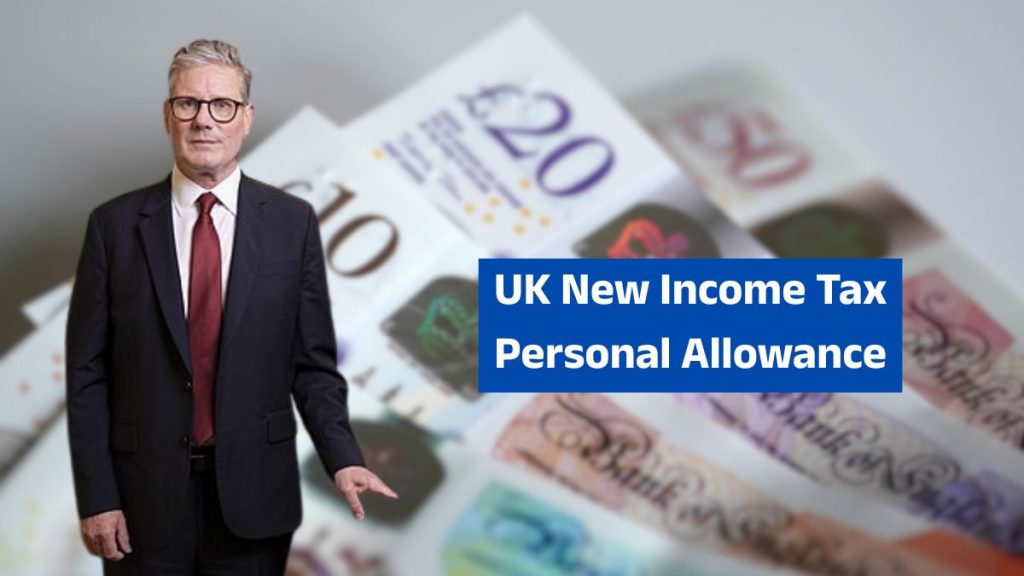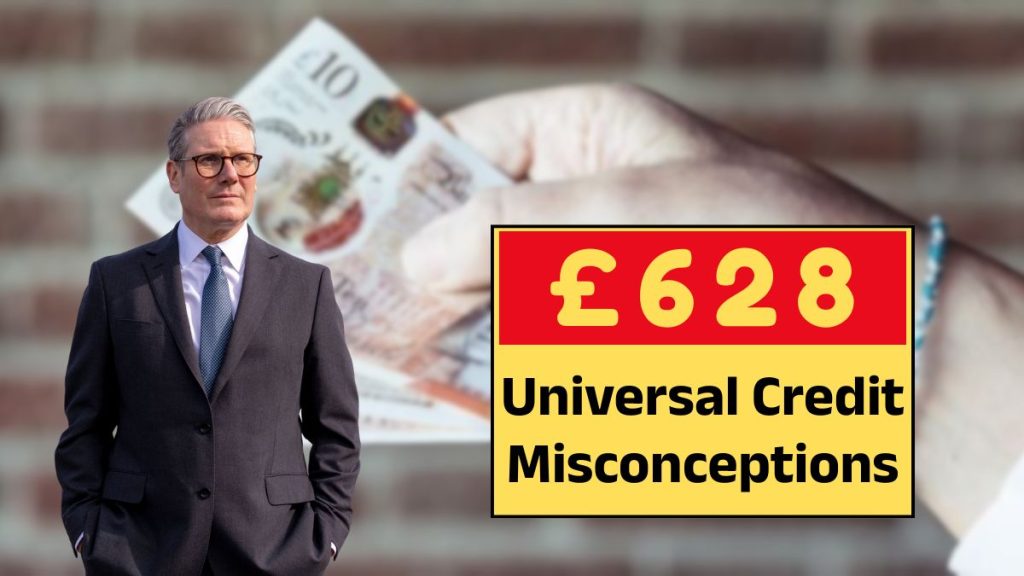Universal Credit (UC) was designed to simplify welfare support in the UK by combining several benefits into one payment. However, for many claimants, the system remains confusing. Misunderstandings about how UC works can lead to missed payments worth hundreds of pounds every month.
Reports suggest that some families may be losing out on as much as £628 per month, simply because of common myths that stop them from applying or discourage them from claiming their full entitlement.
This article breaks down the most widespread Universal Credit myths, explains the real rules, and provides guidance on how households can make sure they don’t miss out on crucial financial support.
Myth 1: You Must Be Unemployed to Claim Universal Credit
Many believe UC is only for people out of work.
Truth: UC is available to those with low incomes, including part-time and full-time workers. The amount you receive is based on income, not employment status.
For every £1 earned above the work allowance, UC is reduced by about 55p, meaning low-income workers can still qualify. This ensures that UC supports both jobseekers and employees struggling with living costs.
Myth 2: Any Savings Automatically Disqualify You
Savings are often misunderstood when it comes to UC eligibility.
Truth: The Department for Work and Pensions (DWP) ignores the first £6,000 of savings when assessing eligibility.
- Savings between £6,000 and £16,000 reduce entitlement gradually.
- Only savings over £16,000 make you ineligible.
This means many households with modest savings still qualify for meaningful support.
Myth 3: You Can’t Claim If You’ve Received Compensation
Some people assume that compensation payments, such as from legal cases, disqualify them from UC.
Truth: Not all compensation counts as income. Certain types, such as those related to miscarriages of justice, are excluded from UC assessments.
Recent policy updates mean some previously ineligible claimants may now qualify. If you have received compensation, it is important to check the updated rules rather than assume you cannot apply.
Myth 4: The Maximum UC Payment Is Only £400
Another widespread myth is that UC only pays very small amounts.
Truth: Payments vary depending on circumstances. For example:
- Single claimants under 25 receive lower amounts.
- Couples over 25 can receive up to £628.10 per month, excluding additional support.
- Extra amounts are available for children, housing costs, and disabilities.
This means families and individuals with higher living costs may qualify for significantly more than £400.
How to Avoid Missing Out on Universal Credit
Because myths prevent people from claiming what they are entitled to, knowing how to secure UC is vital.
Use a Benefits Calculator
Websites such as Turn2Us, Entitledto, and Policy in Practice provide free calculators. By entering details of income, savings, and household status, claimants can see an accurate estimate of their entitlement.
Get Advice from Support Services
Organizations like Citizens Advice or local Job Centres can help with applications, appeals, and correcting payment errors.
Report Changes Quickly
UC payments are linked to your circumstances. Life changes—such as income shifts, childcare needs, or moving households—must be reported to DWP promptly. Failing to do so can lead to underpayments or sudden reductions in benefits.
Why This Matters
For struggling households, an additional £628 a month can be life-changing. It could cover utility bills, groceries, childcare costs, or ease the pressure of debt.
UC is not just a payment—it is a lifeline designed to provide financial stability during uncertain times. Believing myths can stop families from accessing support that they legally qualify for.
Myths vs Reality (At a Glance)
| Myth | Reality |
|---|---|
| UC is only for unemployed people | You can claim UC while working; payments reduce gradually with income. |
| Any savings mean you lose eligibility | First £6,000 ignored; entitlement reduces between £6,000–£16,000; over £16,000 disqualifies. |
| Compensation stops eligibility | Certain compensation payments are excluded from UC income tests. |
| Maximum UC is only £400 | Couples over 25 may receive up to £628.10 monthly, with extras for children, housing, and disabilities. |
Don’t let misconceptions cost you money—check your eligibility, apply correctly, and protect the financial support you deserve.
FAQs – Universal Credit Myths and Payments
Q1: Can I claim Universal Credit if I work full-time?
Yes. UC is available to workers with low incomes. Payments reduce gradually as income increases.
Q2: How much savings can I have before it affects my UC claim?
The first £6,000 is ignored. Between £6,000–£16,000, your entitlement decreases. Savings over £16,000 make you ineligible.
Q3: What’s the maximum amount a couple can receive on UC?
Couples over 25 may receive up to £628.10 monthly, not including additional amounts for children, housing, or disability support.
Q4: Does receiving compensation stop me from claiming UC?
Not always. Some compensation, such as miscarriage of justice payments, is excluded from UC income assessments.
Q5: How can I check if I qualify for UC?
Use online calculators like Turn2Us or Entitledto, or seek advice from Citizens Advice or a local Job Centre.















